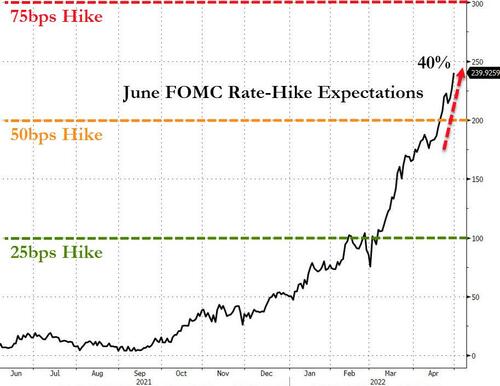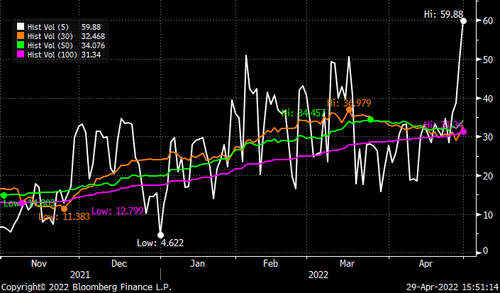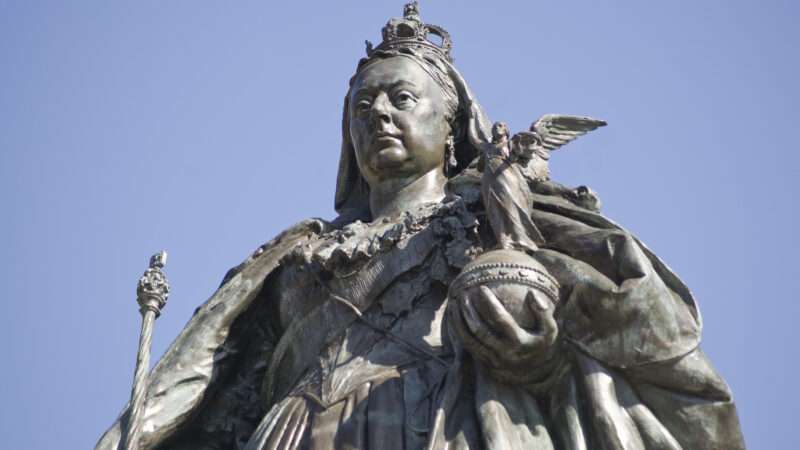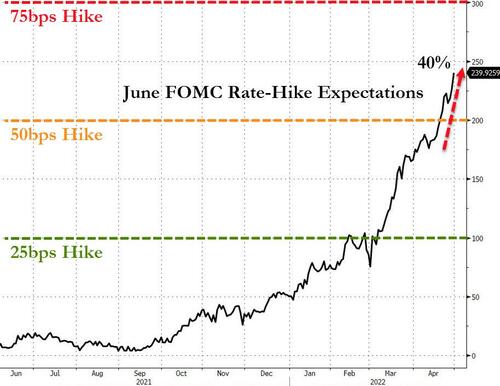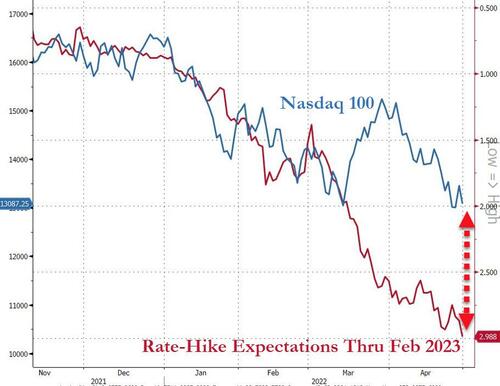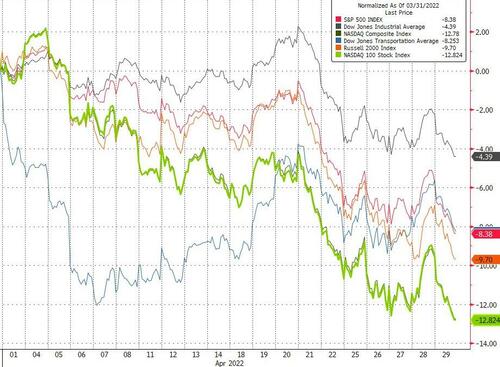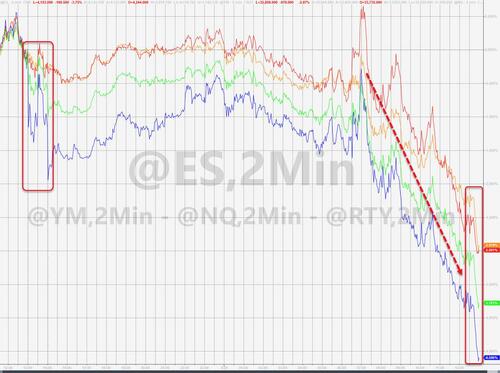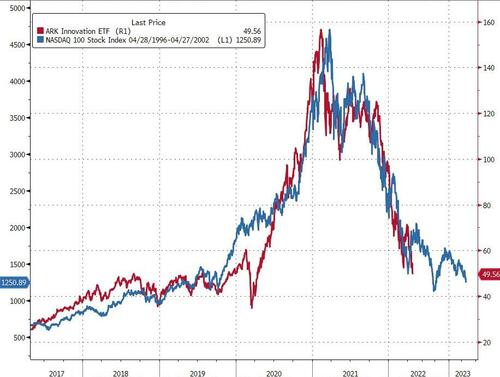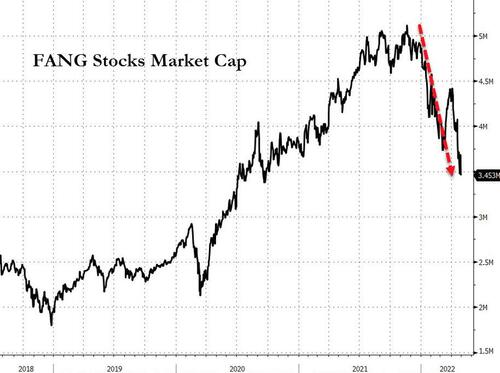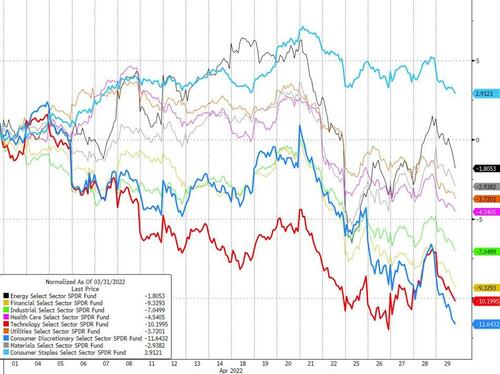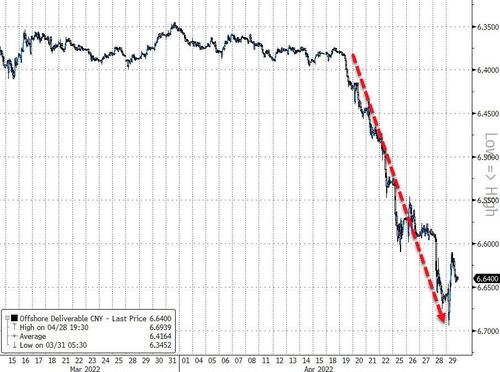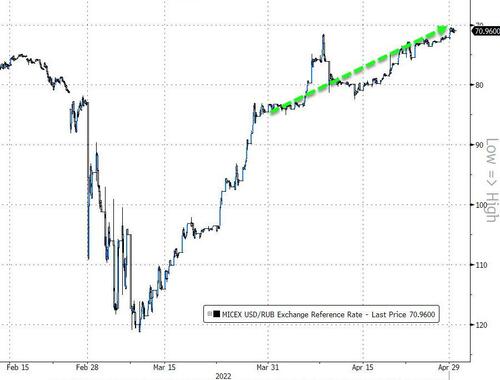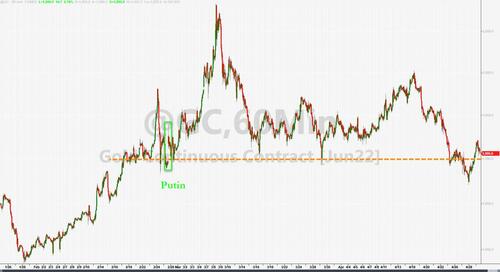If you enjoy audio books and you’re interested in history, here is the first in a series of recommended books, based on what I have listened to in the past several years. All of these books are, in my opinion, well-narrated and informative. All are available from Audible.com.
Favorites
Bonnie Prince Charlie. By Carolly Erickson. Narrated by Steven Crossley. In the United Kingdom’s Glorious Revolution of 1688, the despotic Catholic King James II was forced to flee to France. From the continent, he and his descendants schemed about how to reclaim their throne. Eventually, James’s son, who styled himself James III, ended up living in Italy and married to a Polish princess. Their son, “Bonnie Prince Charlie,” snuck away from home to launch an audacious invasion of Scotland in 1745. Although much of the invasion fleet sank, the dashing and vigorous young prince rallied the Scottish Highlanders to his cause. Soon, he had conquered most of Scotland, and was within 100 miles of London. Although he was eventually defeated (a happy result, in my view), his biography is a wonderful tale of bravery and daring.
Empire: How Britain Made the Modern World. By Niall Ferguson. Narrated by Jonathan Keeble. The British Empire started out as an effort to molest Spanish holdings in the New World. After the British lost their empire in America, they built a new one based in India. Ferguson describes the complete story, both the bad and the good. On the whole, the British Empire treated its subjects better than did the competing empires. Often but not always, it brought many improvements, including in human freedom, to the places it ruled.
Nineteenth and early twentieth centuries
Bertie: A Life of Edward VII. By Jane Ridley. Narrated by Carole Boyd. The oldest son of Queen Victoria, Edward VII was King from 1911-21. In his 59 years before becoming king, he had an uneasy relationship with his parents and was often trying to extricate himself from problems caused by his gambling and womanizing. Yet he served the nation well as monarch, especially in building a close relationship with France.
Victoria: The Queen: An Intimate Biography of the Woman Who Ruled an Empire. By Julia Baird. Narrated by Lucy Rayner. Not all princesses have an easy life. The young Victoria was caged and controlled by her mother, until the 18-year-old young woman maneuvered herself onto the throne. She was active monarch, often involved in political affairs. When she fell in love with Prince Albert of Saxe-Coburg and Gotha, protocol required that she be the one to propose. Thereafter, Prince Albert and Queen Victoria jostled for control, although eventually having nine children led her to cede political affairs to her hardworking and conscientious consort. Given her own dysfunctional family background, being a good mother did not come easily to her. Prince Albert’s death devastated Queen Victoria, and mental stability had never been one of her strengths. For years her residences were draped in black mourning crepe, and she refused to present herself to the public. Finally, she recovered, reigned well at the height of the Empire, and struck up a romantic relationship with a royal gardener, John Brown.
Prince of Pleasure: The Prince of Wales and the Making of the Regency. By Saul David. Narrated by Sam Devereaux. During two long periods when King George III suffered from debilitating mental illness, his son, the Prince of Wales, served as regent. Finally, he became king in his own right, reigning 1820-30 as George IV. Like his grandson Edward VII, George IV was often busy trying to extricate himself troubles caused by his liaisons, including a secret marriage to a Catholic woman.
London in the Nineteenth Century. By Jerry White. Narrated by Neil Gardner. The greatest city the world had ever known was only partly governable by the authorities, who struggled for decades to repress crime in the city’s many narrow and unlit streets. The city of opulence, squalor, creativity, stubbornness, and upward mobility would change the world, even as the city itself was continuing its tradition of never-ending change, not the least from the development of railroads and the resulting increase in personal mobility.
American Revolution
The Men Who Lost America: British Leadership, the American Revolution and the Fate of the Empire. By Andrew Jackson O’Shaughnessy. Narrated by Gildart Jackson. One chapter on each of eight British leaders in the failed effort to suppress the American Revolution, including King George III, Lord North, General “Gentleman John” Burgoyne, and Lord Cornwallis. Although sometimes portrayed as incompetents, they usually made good strategic and tactical decisions, based on the situation as they understood it at the time.
An Empire on the Edge: How Britain Came to Fight America. By Nick Bunker. Narrated by Robert Ian Mackenzie. The British perspective on the growing crisis in the American colonies, especially 1773-76. A vivid explanation of how most of the British political class reluctantly came to see military repression as the only solution to American demands to preserve what had already become the norm in America—formal allegiance to the Empire, but almost complete self-government, including on matters of trade. The tea tax that precipitated the Boston Tea Party and the violent resistance to unloading tea at other American ports had been, from the British point of view, a win-win that would provide better quality and less expensive tea than the Americans were buying from West Indies smugglers, and would bail the quasi-governmental British East India Company out of financial ruin. But Americans, who were obsessed with precedents and slippery slopes, disagreed. The rhetoric of Britain’s Glorious Revolution of 1688 had by the 1770s become mere platitudes in England, whereas Americans were imbued with that glorious spirit from the cradle.
The Stuarts
Rebellion: The History of England from James I to the Glorious Revolution. By Peter Ackroyd. Narrated by Clive Chafer. To the American founding generation, the lessons of seventeenth century England were omnipresent. In short, James I rejected his childhood education on the merits of constitutional monarchy, and attempted to rule as a despot. His son Charles I was even worse and was overthrown by Parliament and eventually executed. But England’s brief period as a commonwealth failed, and degenerated into Oliver Cromwell’s military dictatorship. So Charles II, son of Charles I, was invited back from exile for the “restoration” of the monarchy. He reigned badly, and then his brother, James II, fast-tracked the nation to French-style absolutism. James II was overthrown in the 1688 Glorious Revolution, led by the Dutchman William of Orange (who became England’s King William III) and his wife Mary, daughter of James II by James’s first wife. Therefore, Britain became a constitutional monarchy, with Parliament in charge. This book concentrates on the political story, and is an excellent survey of Great Britain’s crucial century, which made the American colonists determined to keep their executives and standing armies under strict control.
Killers of the King: The Men Who Dared to Execute Charles I. By Charles Spencer. Narrated by Tim Bruce. Charles I eminently deserved his trial and execution in 1649. But his son, who became king in 1660, didn’t think so, and he tried to capture and execute everyone who had been involved. Some fled to Ireland, Massachusetts, or wherever else they could hide out under assumed identities.
The Tudors
God’s Traitors: Terror & Faith in Elizabethan England. By Jessie Childs. Narrated by James Adams. Although Queen Elizabeth I (reigned 1558-1603) had initially been somewhat religiously tolerant by the standards of her time, Spanish and Papal attempts to dethrone her radicalized her, and the oppression of Great Britain’s dwindling Catholic population became more severe than ever. The book tells the story through the aristocratic Vaux family, wealthy Catholics who attempted to follow their faith despite increasing persecution. When James I succeeded Elizabeth I in 1603, Catholics hoped that he would ease up, but he did not. And so the Vaux family found itself enmeshed in the 1605 Gunpowder Plot, which almost succeeded in its initial step, namely blowing up Parliament.
How to Be a Tudor: A Dawn-to-Dusk Guide to Tudor Life. By Ruth Goodman. Narrated by Heather Wilds. The Tudors, a Welsh family, ruled England and Wales from 1485-1603. Ruth Goodman’s wonderful book takes the reader into the daily material life of the period. What did people wear? How did they stay clean despite their aversion to bathing? What was the mandatory archery practice on Sunday afternoons like? To the maximum extent possible, the author has immersed herself in the Tudor material world—such as learning to bake the bread that could be made from the common grain of the time, or how to tailor fancy clothing. A great survey of daily life at all levels of society.
Before the Tudors
Lancaster and York: The Wars of the Roses. By Alison Weir. Narrated by Maggie Mash. From 1455 to 1485, England was consumed by the War of the Roses, a dynastic struggle between the House of York and the House of Lancaster. While the most of the fighting took place between Henry VI and his rival Edward IV, the book begins at the turn of the century with Henry IV, and shows how the events of the first quarter of the century, under Henry IV and V, created conditions that would lead to the war. Henry VI ascended the throne in 1421, and although he was personally very pious, he wasn’t up to the job of monarch. But his French Queen, Margaret of Anjou, did all she could to keep him in power, and was usually successful, including putting him back on the throne after nine years out of power in 1461-70. But he was deposed for good in 1471.
The post Audio books on British history appeared first on Reason.com.
from Latest https://ift.tt/VyKAqLx
via IFTTT




